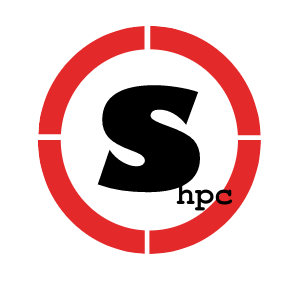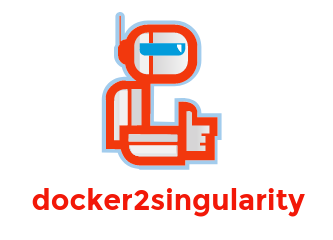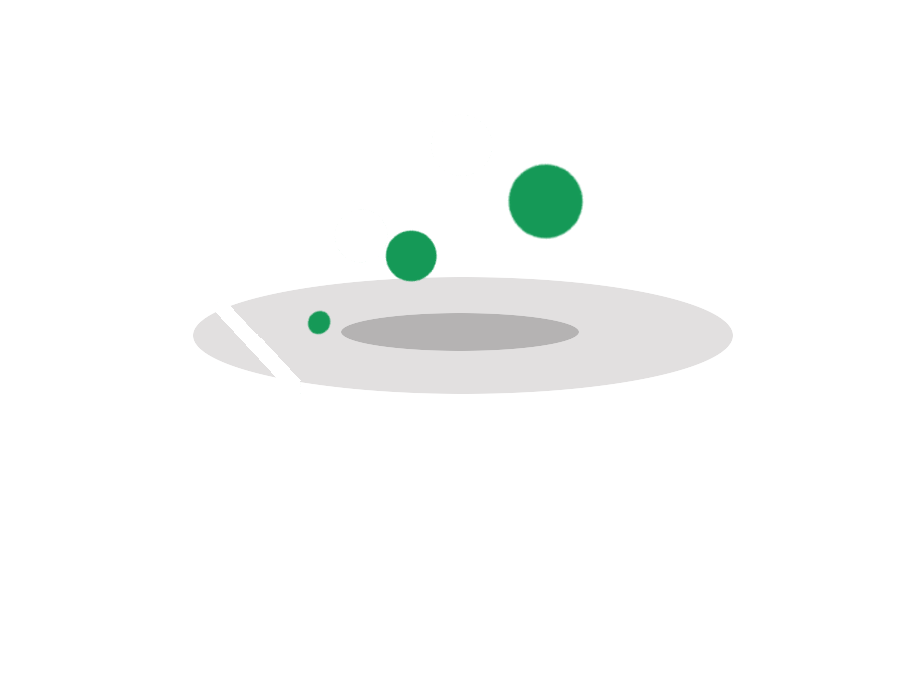Container Tools
Open source, collaborative tools for containers
-
Singularity Registry HPC (shpc)
Install Singularity containers as modules on your HPC system, exposing custom aliases for entrypoints, and interactions like exec, run, shell, and inspect. The shpc library is automatically updated and includes a library of containers from docker hub, nvidia, biocontainers, and more.
-
Singularity Registry Server
Deploy a Singularity Registry Server for your Institution. If you want to manage your own version of a Singularity Registry and have the added ability to push directly to it, Singularity Registry Server meets your use case. You can use the registry module in the Global Client package to interact with your Singularity Registry Server.
-
Global Client
Singularity Container Management for the Individual User. It's easy to pull and build containers and lose track of where everything is. It's also hard to keep up with the number of storage locations for containers. The Global Client provides you with a local database to interact with images, and the multitude of endpoints (Google, Globus, Dropbox) to push/pull from.
-
The Scientific Filesystem
Containers historically expose one entry point, and if we provide several applications in a container we need more, and we need to have internal modularity, meaning that our applications are clearly distinguished from the container base operating system. SCIF is a specification for a filesystem organization, an environment variable namespace, and client for application discovery.
-
Experiment Factory
The Experiment Factory, containers for reproducible behavioral science. The experiment Factory will allow you to package your behavioral experiments in a reproducible container, supporting multiple database and experiment types, so that the container you use to collect your data is the same as the one that you share and publish.
-
Tunel Interface
Interface for Singularity Container Management. Tunel is a Dockerized application that gives interactive management for a local Global Client database with Singularity images. It includes integration with Globus, along with a recipe generator, builder, and easy means to pull images from Singularity Hub, Docker Hub, and Nvidia Container Registry.
-
Singularity Hub
A publicly available cloud service for Singularity Containers active from 2016 to 2021. It built container recipes from Github repositories on Google Cloud, and containers were available via the command line Singularity or sregistry software. These containers are still available now in the Singularity Hub Archive













